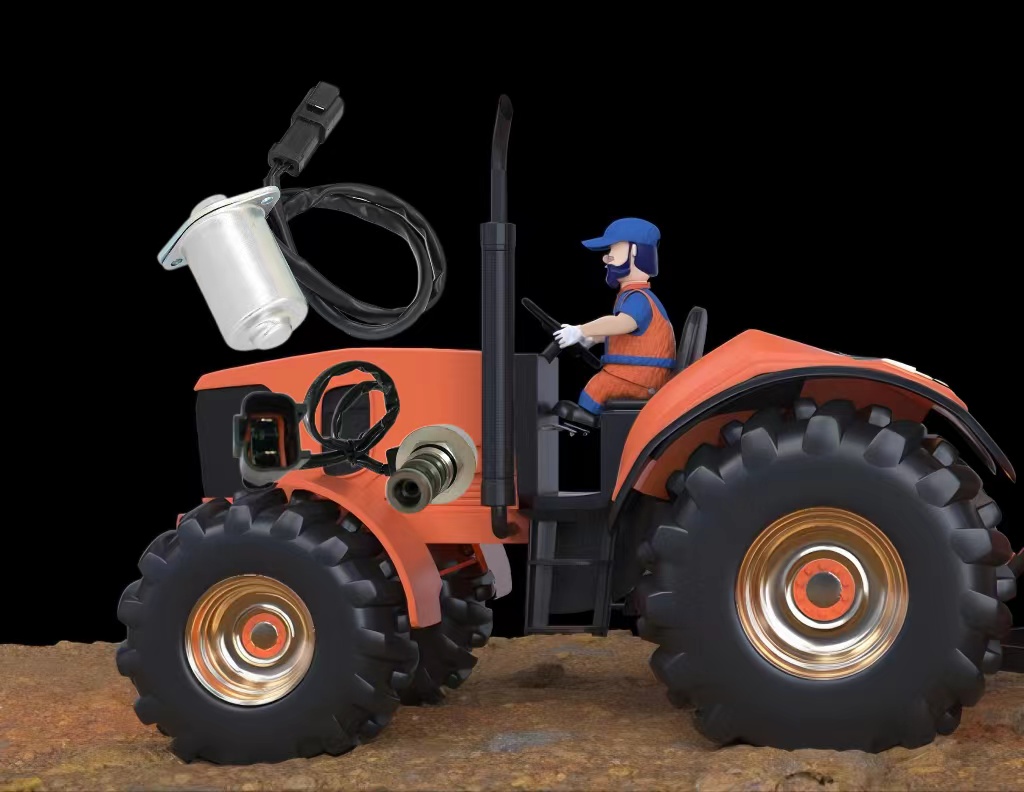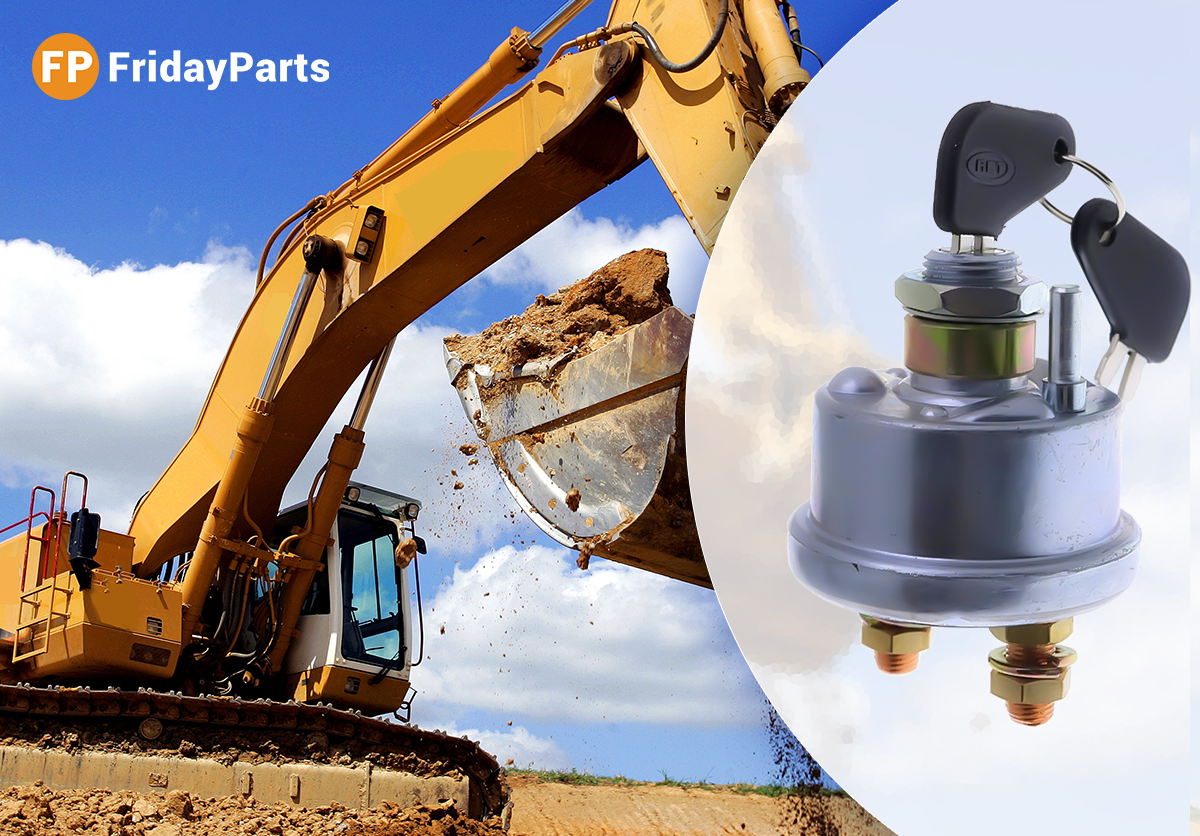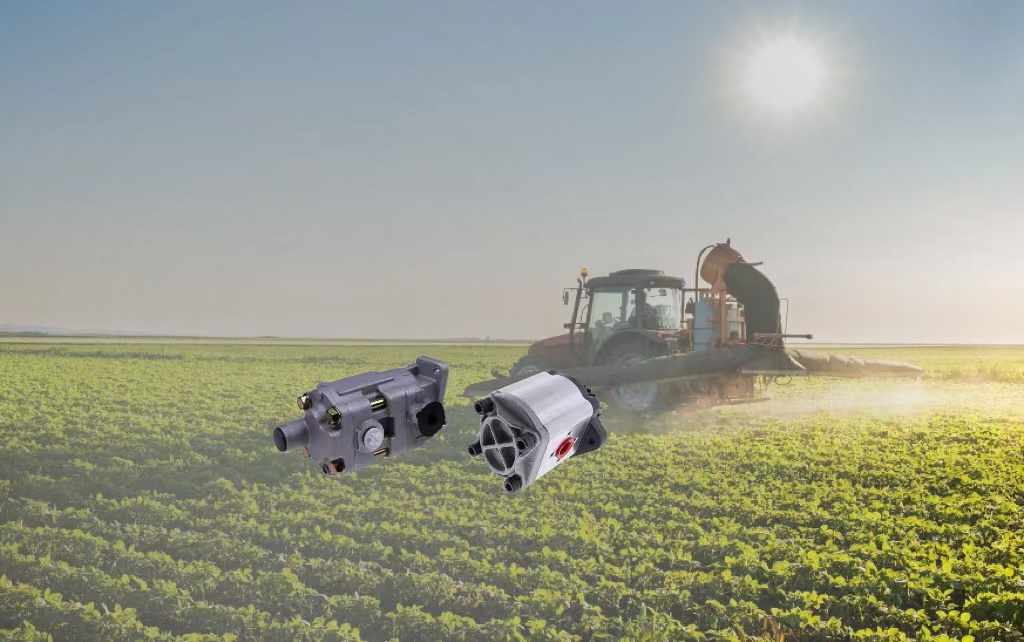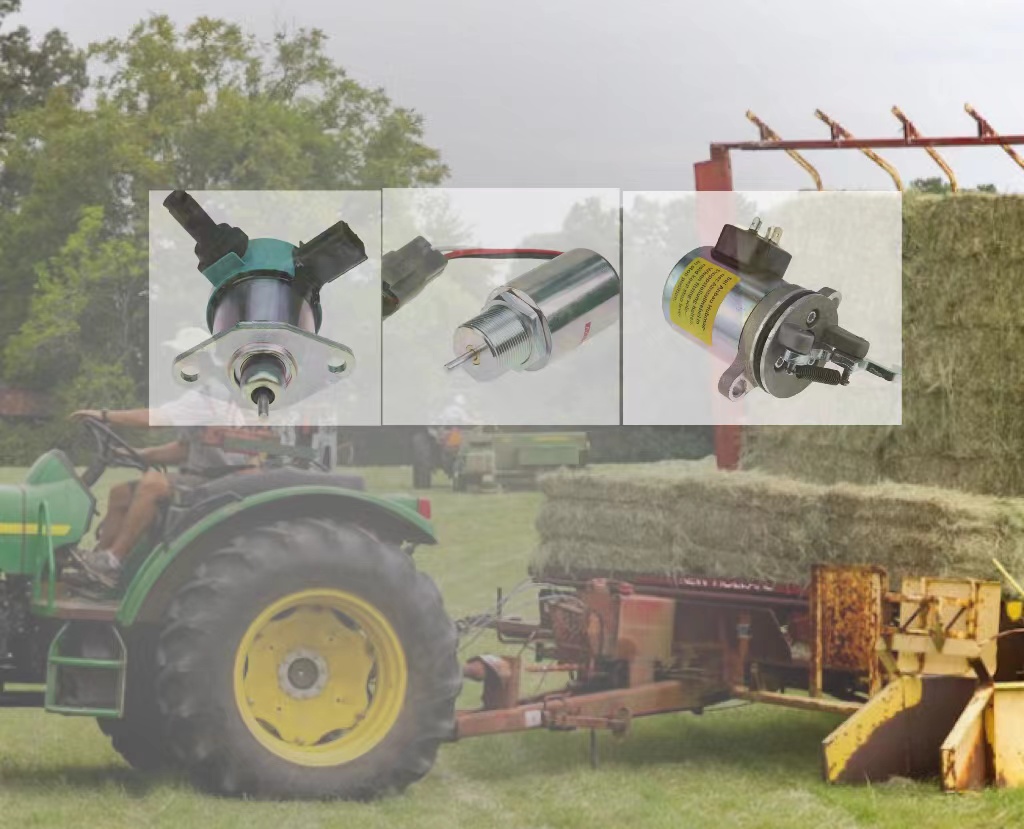Spring is just around the corner, and with it comes the much-awaited season of cleaning. While most of us think of spring cleaning as a task for our homes, it’s important not to forget about our heavy equipment, which may have been sitting idle during the long winter months. Spring cleaning for heavy equipment is crucial to ensure that your equipment is in good condition and ready for the upcoming season. In this blog post, we will share some tips for cleaning heavy equipment after a long winter season, including pressure washing, lubrication, and rust prevention.

1. Pressure washing
The first step in cleaning heavy equipment is to give it a thorough pressure wash. This will remove any built-up dirt, grime, and other debris that may have accumulated during the winter months. Use a high-pressure washer with hot water to ensure a deep clean. It’s important to be careful when pressure washing, as some areas of the equipment may be more delicate than others. Avoid using too much pressure on these areas to prevent damage.
2. Lubrication
After pressure washing, it’s important to lubricate all moving parts of the equipment. This includes bearings, joints, and other components that require lubrication. Use a high-quality lubricant and follow the manufacturer’s instructions for application. Proper lubrication will reduce friction and wear on these parts, extending their lifespan and reducing the risk of breakdowns.
3. Rust Prevention
Heavy equipment is susceptible to rust, especially if it has been sitting idle for a long period. Rust can weaken the equipment’s structure, leading to safety hazards and expensive repairs. To prevent rust, apply a rust inhibitor to all exposed metal surfaces. This will create a protective barrier that prevents moisture and oxygen from reaching the metal, reducing the risk of rust.
4. Check and Replace Filters
Filters are an important component of heavy equipment, as they help keep the engine and hydraulic systems clean. After a long winter season, it’s important to check all filters and replace them if necessary. Dirty filters can reduce the efficiency of the equipment, leading to higher fuel consumption and decreased performance.
5. Inspect for damages
Finally, it’s important to inspect the equipment for damages after a long winter season. Check for any signs of wear and tear, including cracks, leaks, and loose bolts. Addressing these issues early on can prevent more extensive damage and costly repairs down the line.
In conclusion, spring cleaning for heavy equipment is an important task that should not be overlooked. By following these tips, you can ensure that your equipment is in good condition and ready for the upcoming season. Remember to pressure wash, lubricate, prevent rust, check and replace filters, and inspect for damages. With proper maintenance, your heavy equipment will last longer, perform better, and keep you safe on the job.







Leave A Comment